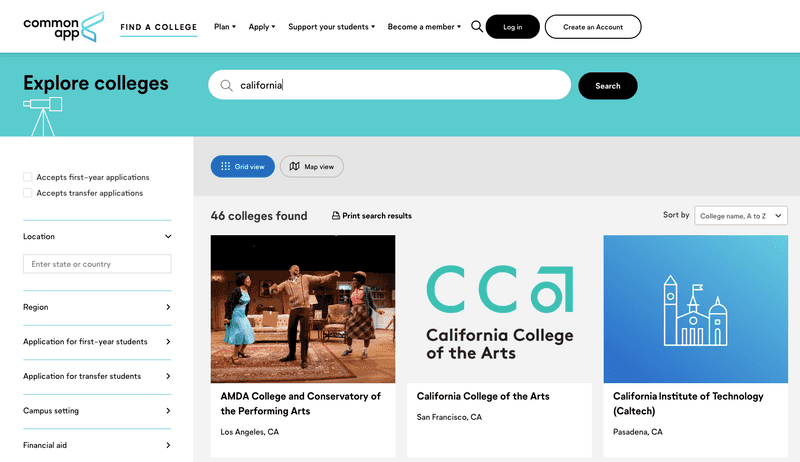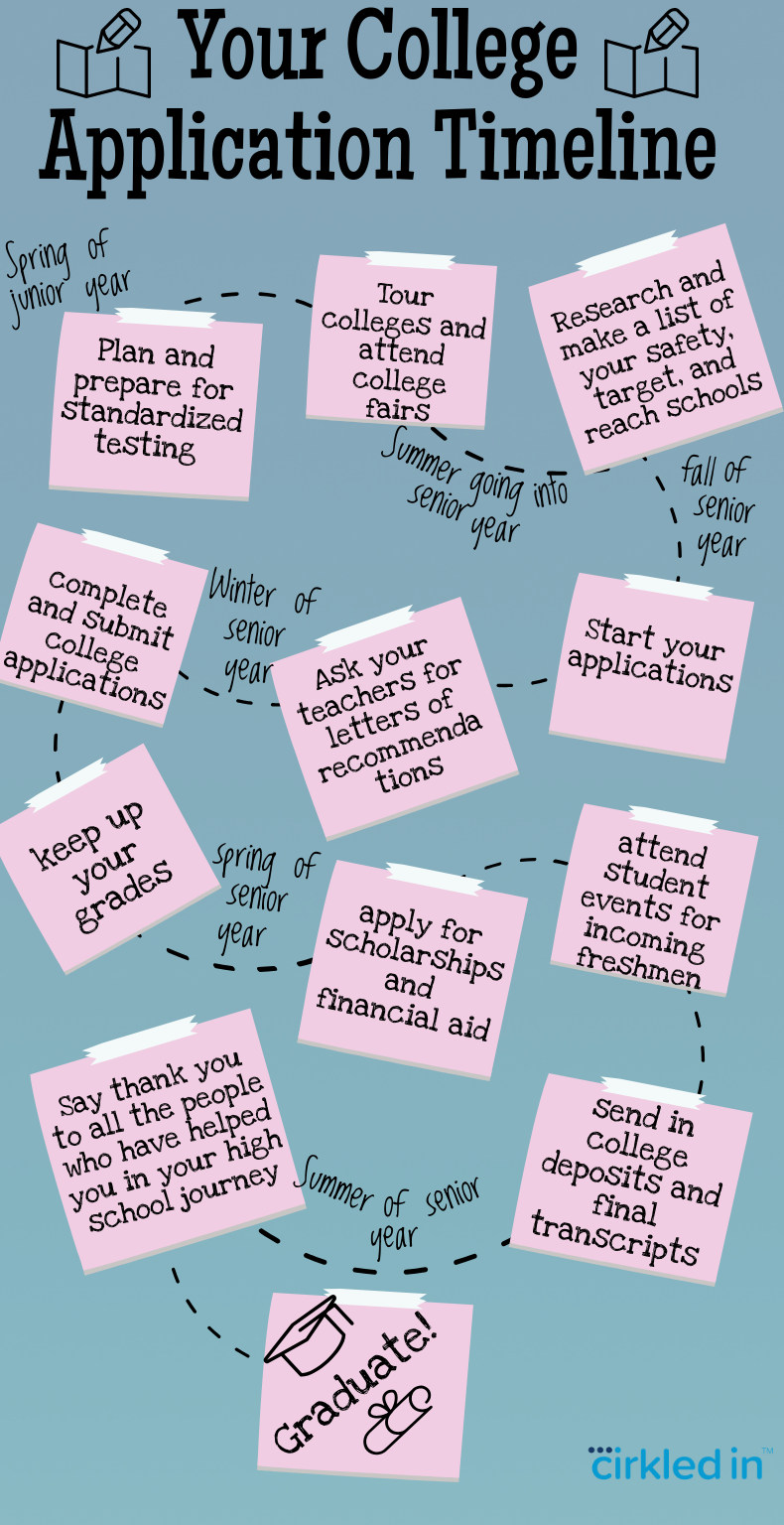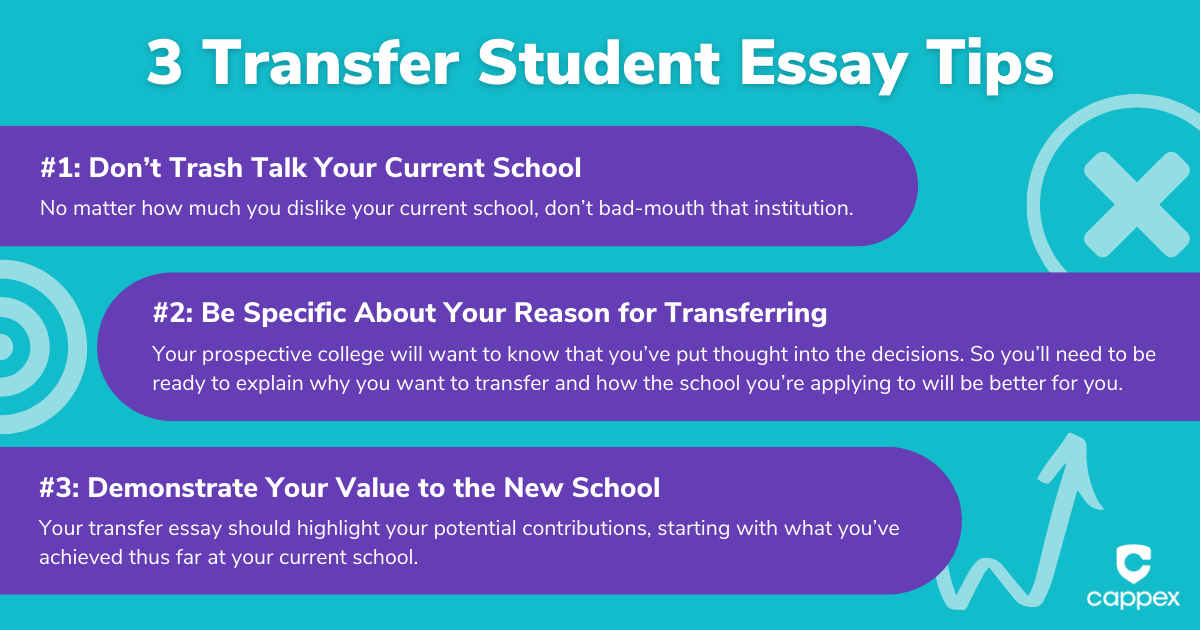Imagine standing in front of Harvard University’s iconic gates, your heart racing with anticipation. You’ve worked hard, dreamed big, and now, you’re on the brink of submitting your application to one of the most prestigious institutions in the world. But what does it really take to turn that dream into a reality? Let’s pull back the ivy-covered curtain and explore the secrets of Harvard’s admissions process.
When you’re aiming for the stars, especially the Ivy League ones, knowing what these institutions seek in a candidate can make all the difference. So, let’s dive in and equip you with the knowledge to craft an application that resonates with Harvard’s admissions committee.

“Admission into Harvard University …” from www.scholarshiptab.com and used with no modifications.
Key Takeaways
Harvard uses a holistic review process to evaluate applicants, considering both academic and personal qualities.
Extracurricular activities and leadership roles are critical, showcasing your initiative and impact beyond the classroom.
Your application essay is your chance to shine, offering a glimpse into your personality, aspirations, and thought process.
Letters of recommendation should come from individuals who know you well and can speak to your character and accomplishments.
While test scores are important, they are just one piece of the puzzle; Harvard looks for students who excel across multiple dimensions.
Cracking the Harvard Code: A Look Inside the Admissions Office
First things first, you must understand that Harvard doesn’t just look for smart students – they look for young individuals who will contribute to and benefit from the university’s vibrant community. They’re on the hunt for the thinkers, the dreamers, the doers – students who will leave a lasting mark on the world.
Harvard’s Holistic Approach
Harvard’s admissions team looks at each application through a wide lens. They’re interested in your grades and test scores, of course, but they’re equally curious about who you are as a person. Your experiences, your values, what you love, and what drives you. These elements are just as crucial as your academic achievements. Remember, they’re not admitting numbers; they’re admitting people.
The Role of Extracurriculars and Leadership
So, you’re the captain of your soccer team, the lead in the school play, or the president of the chess club. That’s great! But Harvard wants to see more than just participation. They’re looking for impact. How have you made a difference in your activities? Have you led a fundraiser, started a new club, or volunteered in a way that changed your community? These stories illustrate your leadership and show Harvard how you might contribute to their campus.
Perfecting the Essay: More Than Just Writing
The essay is your spotlight moment. It’s not just about showcasing your writing skills; it’s about revealing your story. Harvard wants to see the person behind the grades. What are you passionate about? What challenges have you overcome? How do you think and approach problems? Your essay should be a window into your world, giving the admissions committee a reason to remember you.
Letters of Recommendation: The Silent Advocates
Think of your recommenders as your personal cheerleaders. Choose teachers, mentors, or supervisors who have seen you in action and can speak to your strengths with concrete examples. These letters should echo the narrative of your application, providing depth to your accomplishments and character. A glowing letter can be the tipping point in your favor, so choose wisely and make sure your recommenders understand the importance of their task.
It’s not just about getting someone to say you’re a great student. Your recommenders should be able to speak about your intellectual curiosity, your work ethic, and how you interact with others. These insights help the admissions team picture you as part of the Harvard community.
Testing and Transcripts: Scores Do Matter
Yes, your academic record is important. Harvard looks for students who have challenged themselves and excelled in their studies. Your transcripts and test scores are a testament to your academic prowess. But don’t be disheartened if you don’t have a perfect score—Harvard knows that there’s more to you than numbers. They use these as a benchmark, not a cutoff. What’s most important is showing an upward trajectory in your learning and a hunger for knowledge.
The Interview: Showcasing the Real You
Interviews can be nerve-wracking, but they’re also a fantastic opportunity. This is where you get to be more than an application. You become a voice, a smile, a handshake. The interview allows you to reinforce your narrative and show your enthusiasm for Harvard. It’s a conversation, not an interrogation, so be prepared but also be yourself.
Tips for a Successful Harvard Interview
Preparation is key. Know your application inside out, be ready to discuss your interests, and have thoughtful questions about Harvard. But also be ready to listen. The interview is a two-way street, and your interviewer will provide valuable insights into life at Harvard.
Most importantly, be genuine. Admissions officers have a sixth sense for authenticity. They’ll know if you’re reciting rehearsed answers. Instead, engage in the conversation naturally, showing your true self.
Making a Memorable Impression
Remember, the interview is also about making a personal connection. Your interviewer should walk away feeling like they’ve just had a great conversation with a future Harvard student. Be memorable by being thoughtful, articulate, and genuine. And don’t forget to follow up with a thank you note—it’s not only polite but also another chance to leave a positive impression.
Your Application Checklist: More Than Just a Form
As you prepare to submit your application, go through this checklist to ensure you’re not missing anything. Have you reviewed your essays for both content and grammar? Are your recommendations submitted? Have you filled out every section of the application accurately? It’s the little details that often get overlooked, so double-check everything.
And before you hit ‘submit’, take a moment. Reflect on the journey that’s led you here and the future you’re stepping into. Then, with confidence, send off your application to Harvard.
Timeline for Submission: Early vs. Regular Decision
Deciding when to apply can be as strategic as the application itself. Early decision applications show you’re committed to Harvard, and they do have a higher acceptance rate. But only choose this option if Harvard is without a doubt your first choice. Regular decision gives you more time to polish your application and doesn’t bind you to one school, but you’ll be in a larger pool of applicants.
Ensuring Application Completeness
After you’ve submitted your application, stay proactive. Check your email and application portal regularly to ensure there are no additional requests from the admissions office. Sometimes they might ask for additional information or clarification, and responding promptly shows your dedication and attention to detail.
Remember, applying to Harvard is about presenting the most authentic and comprehensive version of yourself. It’s about showing the admissions committee not just who you are today, but who you have the potential to become. So take a deep breath, put your best foot forward, and let your application shine.
Ensuring Application Completeness
After the hard work of compiling your application, you need to ensure everything is complete. Check and re-check that each section is filled out accurately, all essays are included, and any additional materials, like art portfolios or research abstracts, are properly submitted. Don’t let a simple oversight be the reason your application isn’t considered.
Post-Submission: What Happens Next?
Once you’ve submitted your application, the waiting game begins. Harvard will review your materials, possibly reach out for more information, and ultimately make a decision. During this time, keep up with your school work and stay engaged with your extracurriculars. You want to be ready to present updated achievements if requested.
Also, be aware of the financial aid process. If you’ve applied for aid, make sure all necessary documents are submitted. Harvard is need-blind for US students, meaning your financial situation does not affect your admission decision, but being timely with your financial aid paperwork is crucial.
Frequently Asked Questions (FAQ)
In the quest to join the ranks of Harvard alumni, several questions often surface. I’ve gathered the most common inquiries to help you navigate the admissions maze.
How can I increase my odds of getting into Harvard?
To boost your chances of admission to Harvard:
Challenge yourself academically with AP or IB courses.
Engage deeply in a few extracurricular activities and seek leadership roles.
Develop a personal project or initiative that showcases your passion and impact.
Write compelling essays that reflect your unique voice and experiences.
Choose recommenders who will provide detailed and enthusiastic endorsements.
Is it better to apply early decision or regular decision to Harvard?
Applying early decision can demonstrate your commitment to Harvard, which may slightly improve your chances. However, this should only be your choice if Harvard is your absolute top pick and you’re ready with a strong application. If you need more time to polish your materials or want to keep your options open, regular decision is the way to go.
How important is it to have a perfect SAT/ACT score?
While high test scores can certainly strengthen your application, Harvard recognizes that they are just one aspect of your academic profile. Exceptional scores won’t guarantee admission, and conversely, scores that aren’t perfect won’t necessarily disqualify you. Harvard values a well-rounded application, so focus on excelling in all areas.
What types of extracurricular activities does Harvard favor?
Harvard doesn’t have a preference for specific extracurricular activities. What matters is your level of commitment, the depth of your involvement, and the impact you’ve made. Whether it’s sports, arts, community service, or academic clubs, pursue what you’re passionate about and seek to make a meaningful contribution.
Can you get into Harvard without exceptional extracurricular achievements?
While exceptional extracurricular achievements can enhance your application, they’re not the only path to Harvard. If your strengths lie in intellectual pursuits, research, or other areas, highlight those. Harvard seeks diversity in its student body, and that includes a wide range of talents and experiences.
In conclusion, remember that Harvard’s admissions process is designed to identify individuals who will thrive in and contribute to its dynamic environment. Be true to yourself, present your story with clarity and conviction, and trust that your genuine qualities will shine through. Good luck!




